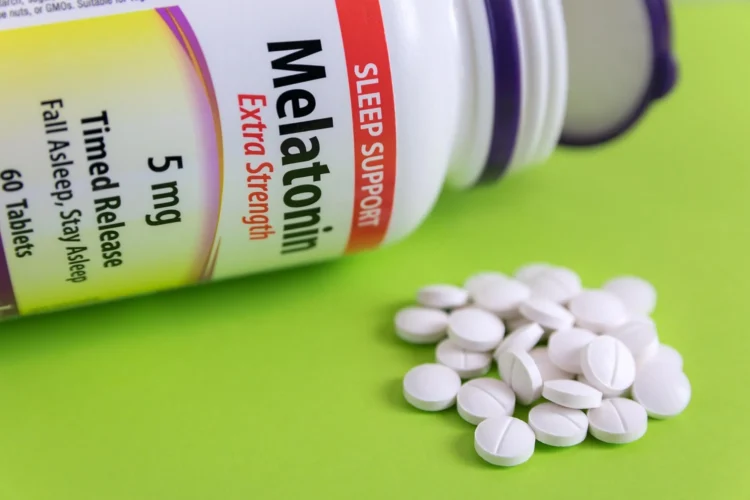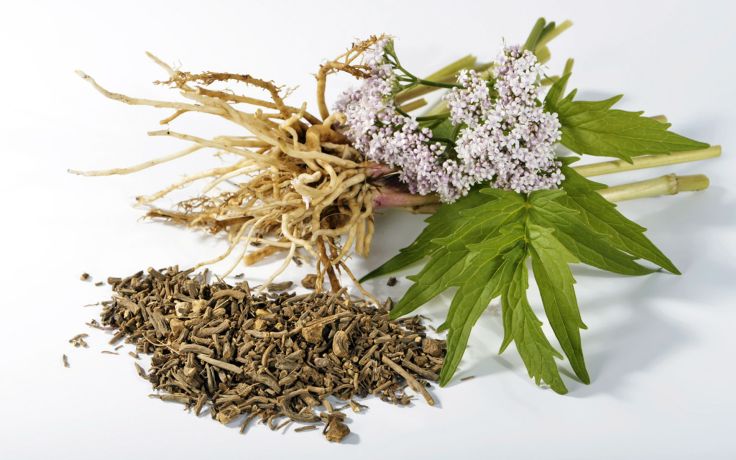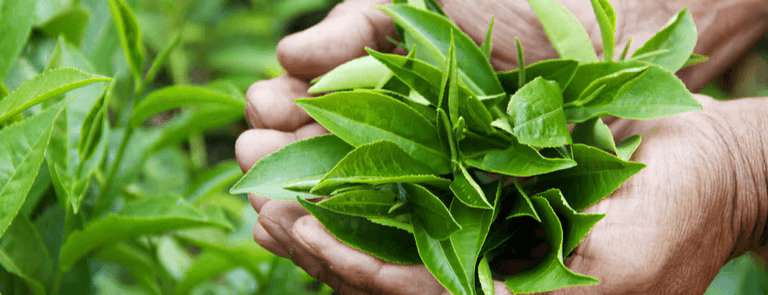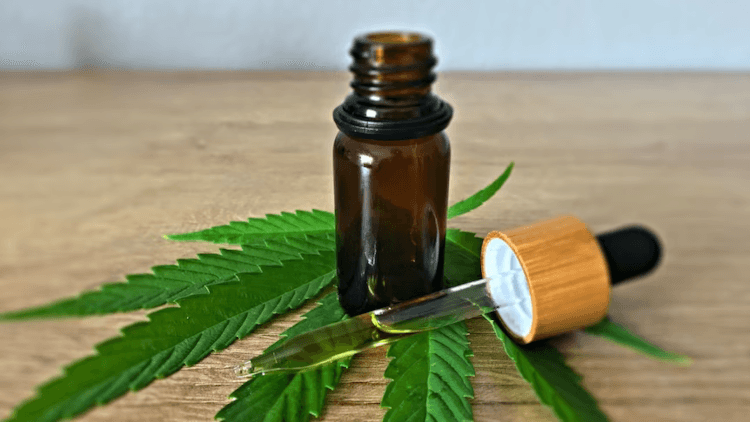In our fast-paced, always-on world, getting a good night’s sleep can be surprisingly difficult. Millions struggle with insomnia, disrupted sleep, or poor sleep quality. While over-the-counter and prescription medications are available, many people seek natural alternatives that work with the body rather than override it. But among the numerous options—herbs, supplements, lifestyle changes—what is the strongest natural sleep aid?
Let’s explore the top contenders, backed by science, and reveal which natural sleep aid stands out as the most powerful.
What Makes a Sleep Aid “Strong”?
Before identifying the strongest natural sleep aid, it’s important to understand what “strong” means in this context. It doesn’t necessarily mean the most sedating, but rather the most effective at:
Reducing the time it takes to fall asleep (sleep latency)
Improving sleep quality and duration
Minimizing side effects or dependency
Supporting natural sleep-wake cycles (circadian rhythms)
Top Natural Sleep Aids – A Closer Look
1. Melatonin – The Circadian Rhythm Regulator

How it works: Melatonin is a hormone naturally produced by the pineal gland in response to darkness. It helps regulate the sleep-wake cycle (circadian rhythm).
Effectiveness: Studies show melatonin supplements can help people fall asleep faster and reset their internal clocks—especially helpful for jet lag, shift work, or delayed sleep phase disorder.
Pros:
Highly effective for circadian rhythm-related sleep issues
Non-habit-forming
Cons:
Not as effective for general insomnia
Some people experience vivid dreams or morning grogginess
Verdict: One of the strongest natural aids for people with circadian rhythm disruptions.
2. Valerian Root – Nature’s Sedative

How it works: Valerian root increases GABA (gamma-aminobutyric acid) in the brain, a neurotransmitter that promotes relaxation and reduces nerve activity.
Effectiveness: Studies are mixed, but many users report improved sleep latency and quality. Some clinical trials suggest it works best over several weeks of consistent use.
Pros:
Can reduce anxiety and help with mild insomnia
Non-addictive
Cons:
Results vary greatly between individuals
May cause stomach upset or dizziness
Verdict: A strong herbal option with centuries of traditional use.
3. Magnesium – The Relaxation Mineral

How it works: Magnesium supports the nervous system and helps regulate GABA, which promotes calmness and sleep.
Effectiveness: Magnesium deficiency is linked to poor sleep. Supplementation has been shown to improve sleep quality in older adults and people with insomnia.
Pros:
Also supports heart health, muscle function, and stress reduction
Minimal side effects
Cons:
Works best if deficiency is present
High doses can cause digestive issues
Verdict: Highly effective when sleep issues are linked to magnesium deficiency.
4. L-Theanine – Calm Without Drowsiness

How it works: L-theanine, an amino acid found in green tea, promotes relaxation by increasing alpha brain waves and regulating dopamine and serotonin.
Effectiveness: Helps ease anxiety and promote deeper sleep without sedation. Works especially well when paired with melatonin.
Pros:
Reduces stress and supports mental calmness
Doesn’t impair cognition or cause drowsiness the next day
Cons:
Not a sedative; may be too mild for some
Verdict: Great for anxiety-related sleep issues; works best as part of a combination.
5. CBD (Cannabidiol) – The Anti-Stress Agent

How it works: CBD interacts with the endocannabinoid system, helping regulate mood, anxiety, and sleep cycles.
Effectiveness: While research is still emerging, CBD appears to help reduce anxiety and promote restful sleep, especially in people with chronic pain or stress.
Pros:
Non-psychoactive (does not cause a high)
Helpful for anxiety and chronic pain sufferers
Cons:
Quality varies by brand and dosage
Expensive and less regulated
Verdict: Powerful for anxiety-driven insomnia; best when other issues like pain are present.
And the Strongest Natural Sleep Aid Is…
Melatonin takes the top spot as the strongest natural sleep aid—especially for individuals with disrupted sleep cycles, jet lag, or shift work. It is backed by strong scientific evidence, works reliably for many users, and is naturally produced by the body.
However, for general insomnia or anxiety-related sleep problems, a combination approach—such as melatonin + L-theanine, or valerian root + magnesium—may provide superior results.
Tips for Using Natural Sleep Aids Safely
Start small: Use the lowest effective dose and monitor for side effects.
Give it time: Some natural aids work best after several days or weeks.
Consult your doctor: Especially if you take medications or have underlying conditions.
Prioritize sleep hygiene: No supplement can replace a good bedtime routine, consistent sleep schedule, and a screen-free wind-down period.
Final Thoughts
While there’s no one-size-fits-all solution, melatonin stands out as the strongest single natural sleep aid. But many people benefit most from a personalized approach that includes lifestyle changes, relaxation techniques, and the right natural supplement for their specific needs. Sleep is essential—find what works best for your body, and give it the rest it deserves.

